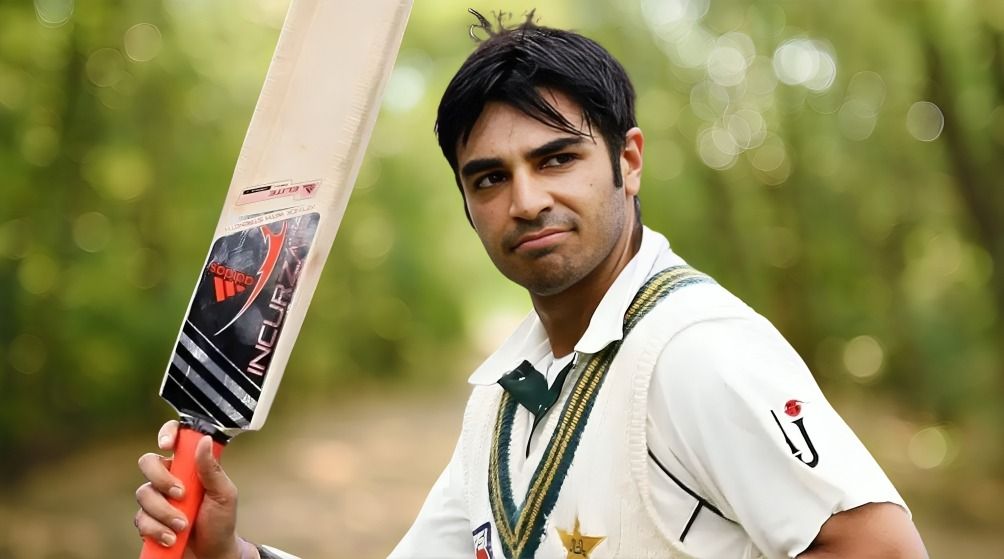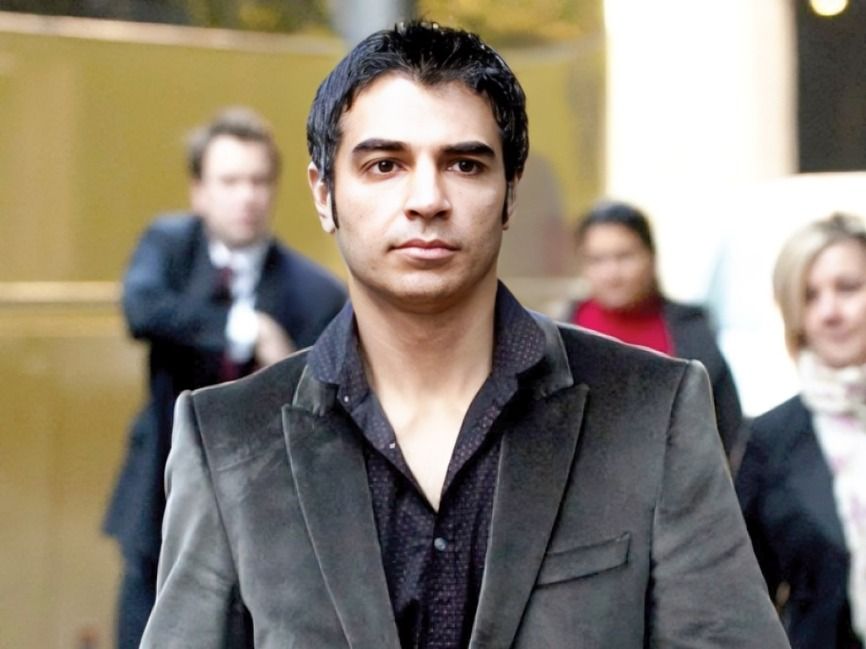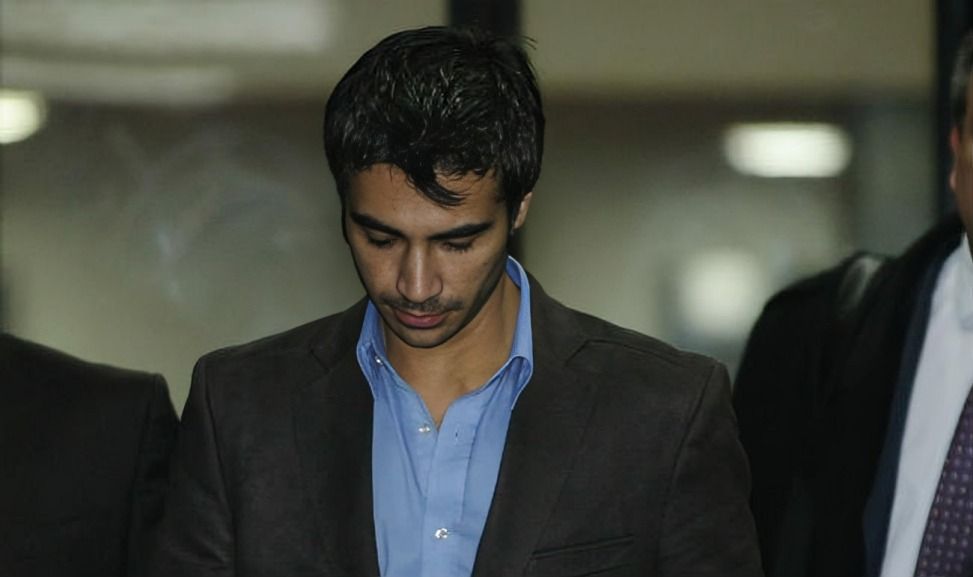
“
The Salman Butt match-fixing scandal stands as one of the most shocking events in cricket history. Once celebrated as the captain of Pakistan's national cricket team, Butt's involvement in this infamous incident led to the swift demise of his career. The scandal not only devastated his reputation but also ignited serious concerns regarding integrity within the sport. In this blog, we delve into 20 pivotal facts about the Salman Butt match-fixing scandal, illuminating the controversy that reverberated throughout the cricketing world. This scandal significantly impacted both his career and the broader landscape of cricket, highlighting the need for stricter anti-corruption measures to restore trust in the game.1
1
”
The Pakistan cricket spot-fixing scandal emerged during a Test match at Lord's in August 2010, revealing serious integrity issues within international cricket and sparking widespread controversy. 1
Key figures in the scandal were Pakistan players Salman Butt, Mohammad Asif, and Mohammad Amir, all of whom faced serious allegations related to corrupt practices during matches. 2
Undercover reporters from News of the World captured footage of Mazhar Majeed accepting bribes, revealing the disturbing nature of how external influences manipulated players. 3
The agreement involved bowlers deliberately bowling no-balls at pre-arranged moments, effectively giving gamblers inside information that undermined the fairness of the sporting event. 4
During the match, Amir bowled a predicted no ball, described by commentators as "an enormous no ball," demonstrating the exactness of Majeed's pre-match predictions to the investigators. 5
Majeed was seen counting out £150,000 in bribes, highlighting the considerable financial incentives driving players toward corruption and the impact of money on sports integrity. 6
The investigation intensified when Scotland Yard arrested Majeed, marking the start of a comprehensive criminal probe into the serious allegations of match-fixing within cricket. 7
Despite mounting evidence, Butt, Asif, and Amir maintained their innocence, asserting that they were set up, reflecting their attempts to distance themselves from the accusations. 8

The ICC imposed severe bans on the players involved in the scandal, with Butt receiving a ten-year suspension, Asif seven years, and Amir five years, underscoring cricket's commitment to combating corruption.
In November 2011, a UK court convicted all four defendants on charges of conspiracy to cheat at gambling and accept corrupt payments, resulting in serious legal repercussions for each individual involved. 9
The sentences handed down were significant: Butt received 2 years and 6 months, Asif was sentenced to 1 year, and Amir received a 6-month term, highlighting the scandal's serious consequences. 10
Evidence such as Amir's text messages revealed his consistent involvement in spot-fixing, contradicting his claims of limited participation and highlighting the depth of the scandal. 11
The scandal attracted political attention in Pakistan, with officials like Iqbal Mohammad Ali advocating for the immediate removal of implicated players from the national cricket team. 12

Butt's appeal to have his suspension lifted showcased his eagerness to return to professional cricket. However, the ICC ultimately denied this request, complicating his career trajectory and prospects significantly.
Media discussions emphasized the pressing need for stricter anti-corruption measures within cricket, focusing on the importance of maintaining the sport's integrity amid growing concerns. 13
The convictions were seen as pivotal in cricket'scricket's history, with many observers expressing disappointment and calling it a "shameful day" for the reputation of Pakistani cricket. 14
Initially, the PCB defended the players, insisting on their innocence amid the mounting evidence. However, as the investigation progressed, their stance shifted to acknowledge the players' wrongdoings. 15

The scandal effectively ended the international careers of Butt, Asif, and Amir, particularly impacting Amir, who was seen as a promising young talent in cricket. His future was abruptly derailed due to the scandal's fallout.
The incident ignited discussions about reforming cricket governance, stressing the necessity of robust anti-corruption measures to protect the sport from future malpractices and scandals.16
This scandal serves as a significant cautionary tale in cricket history, demonstrating the vulnerabilities of sports to corruption and the critical need for ongoing vigilance and reforms.17

